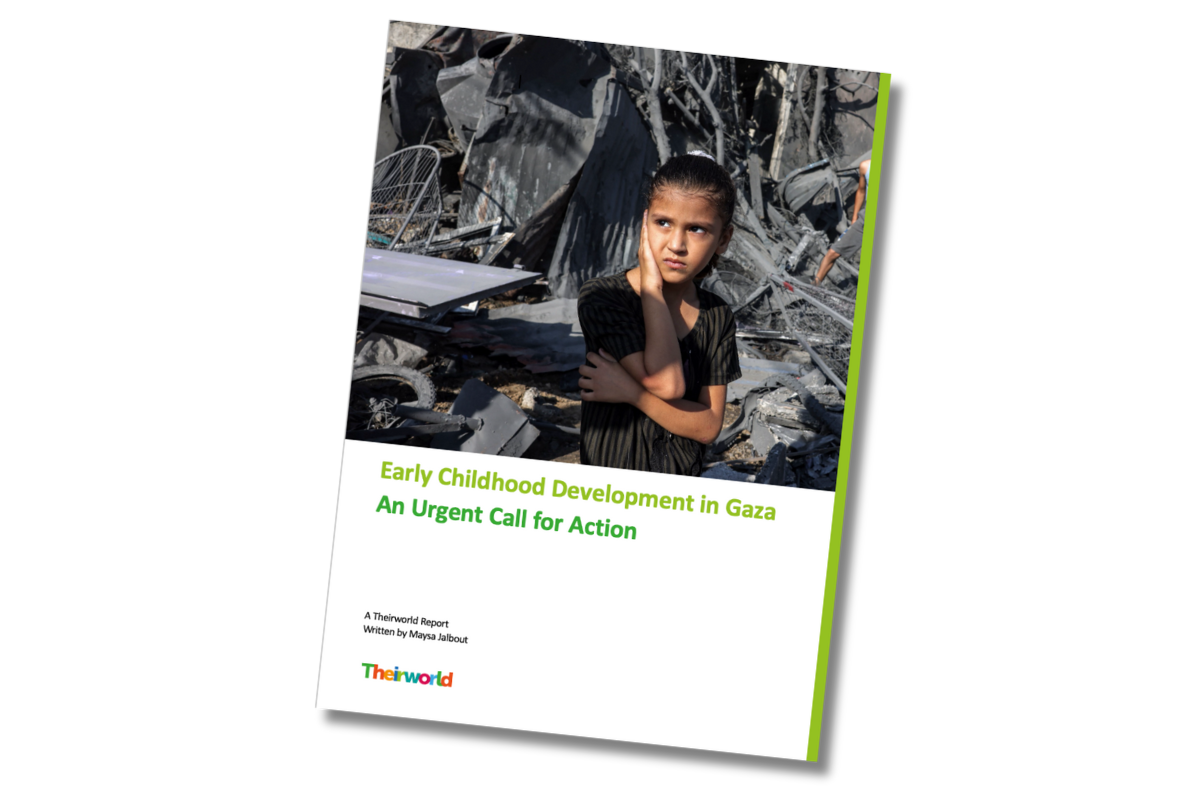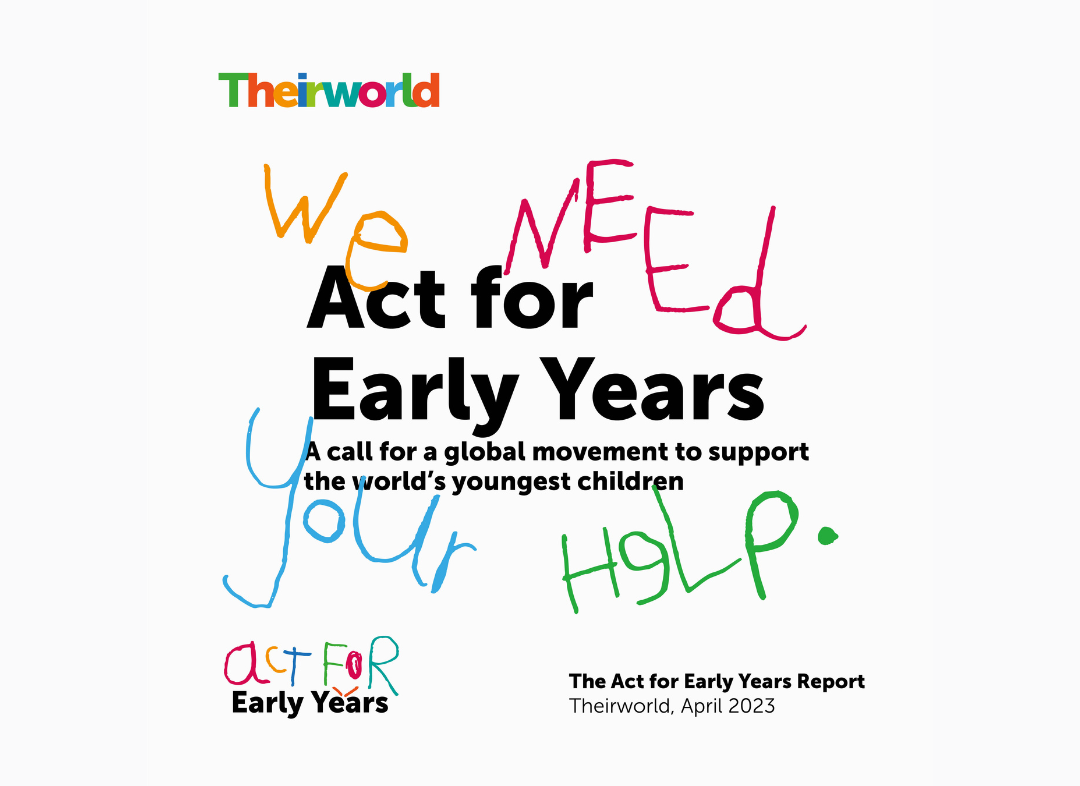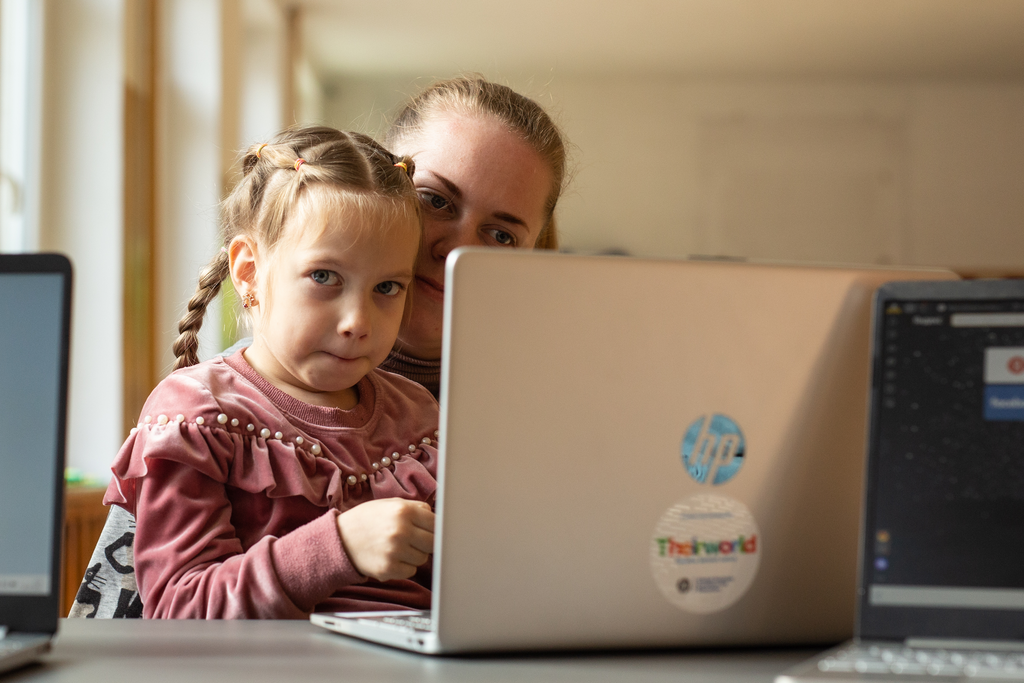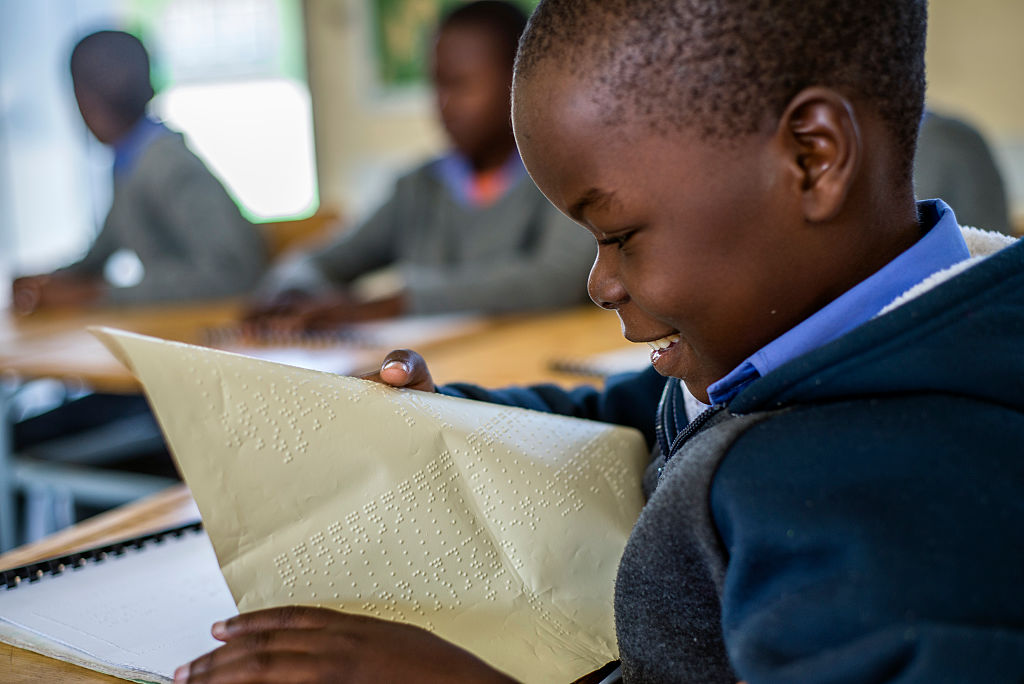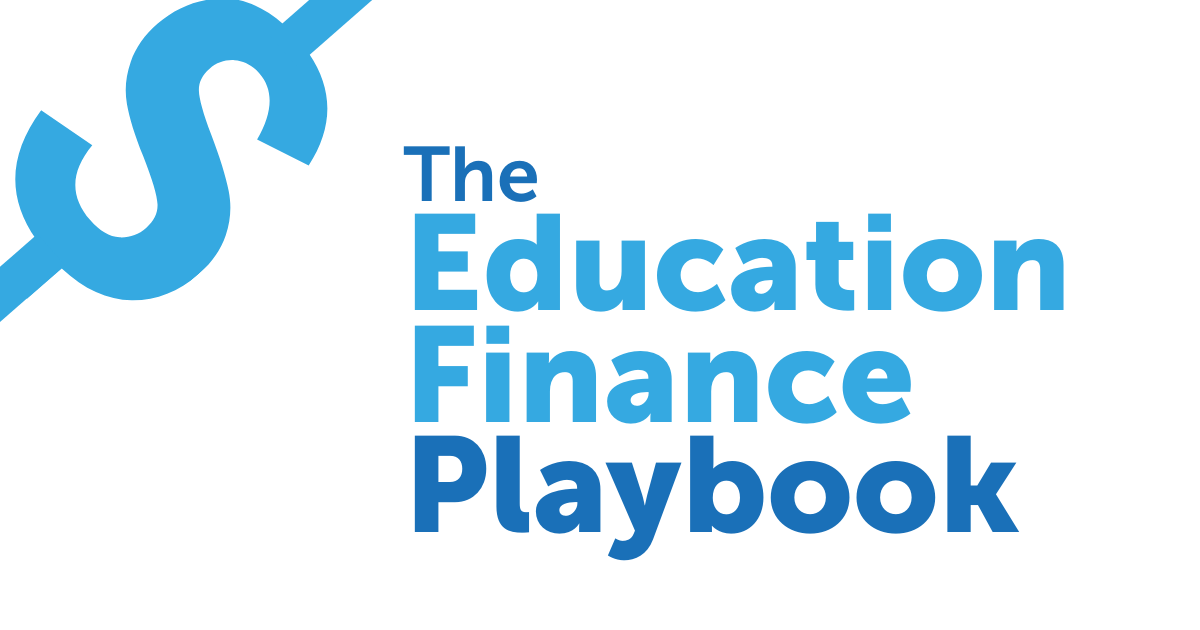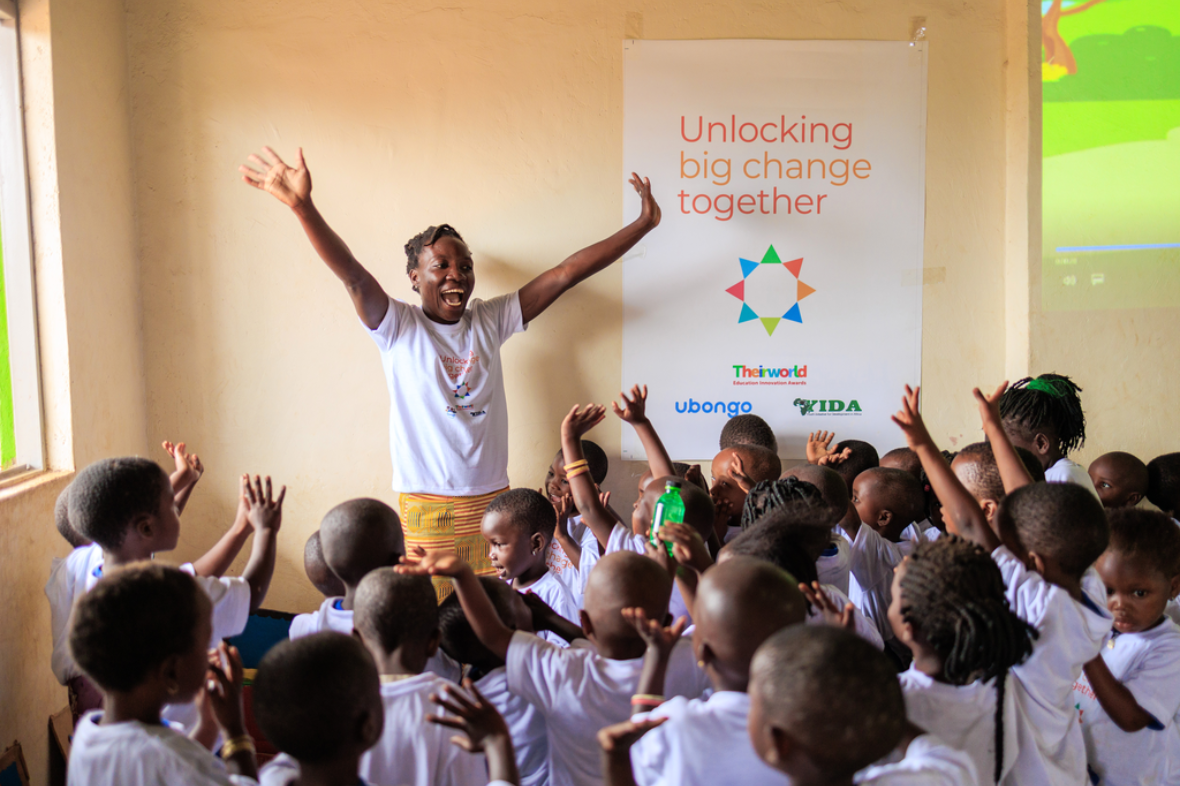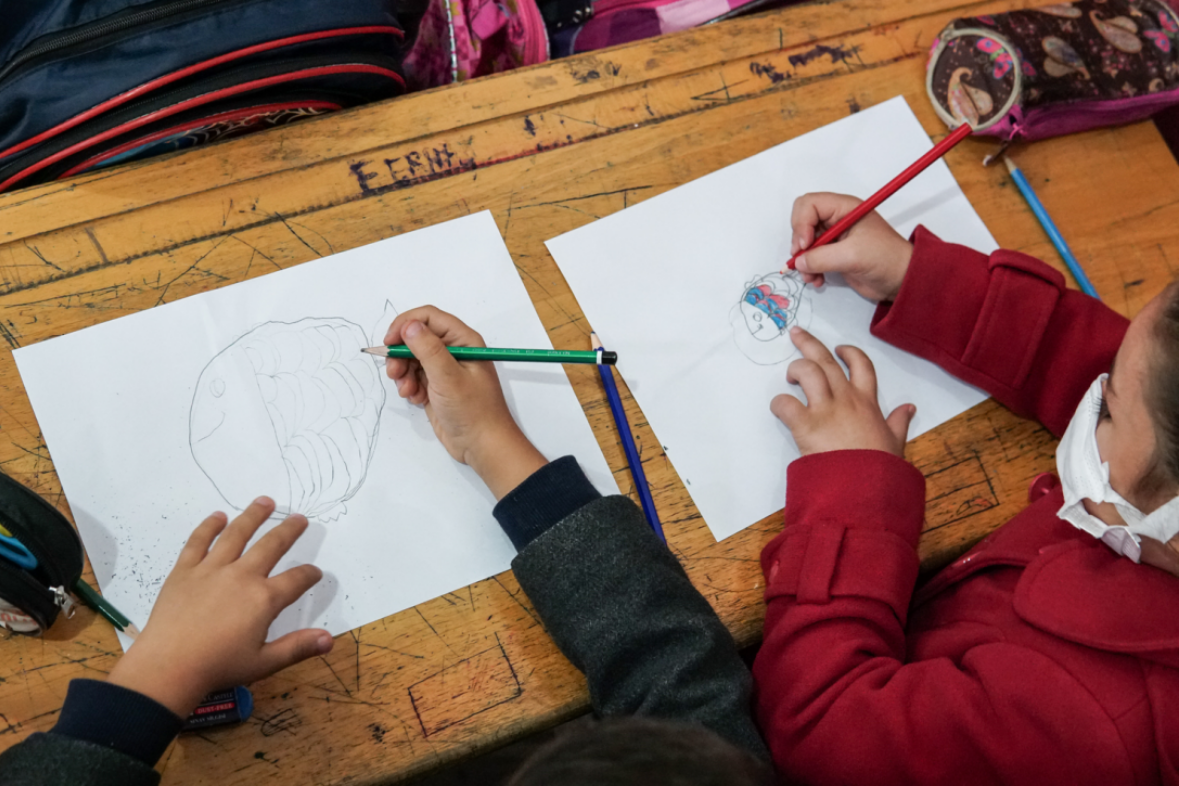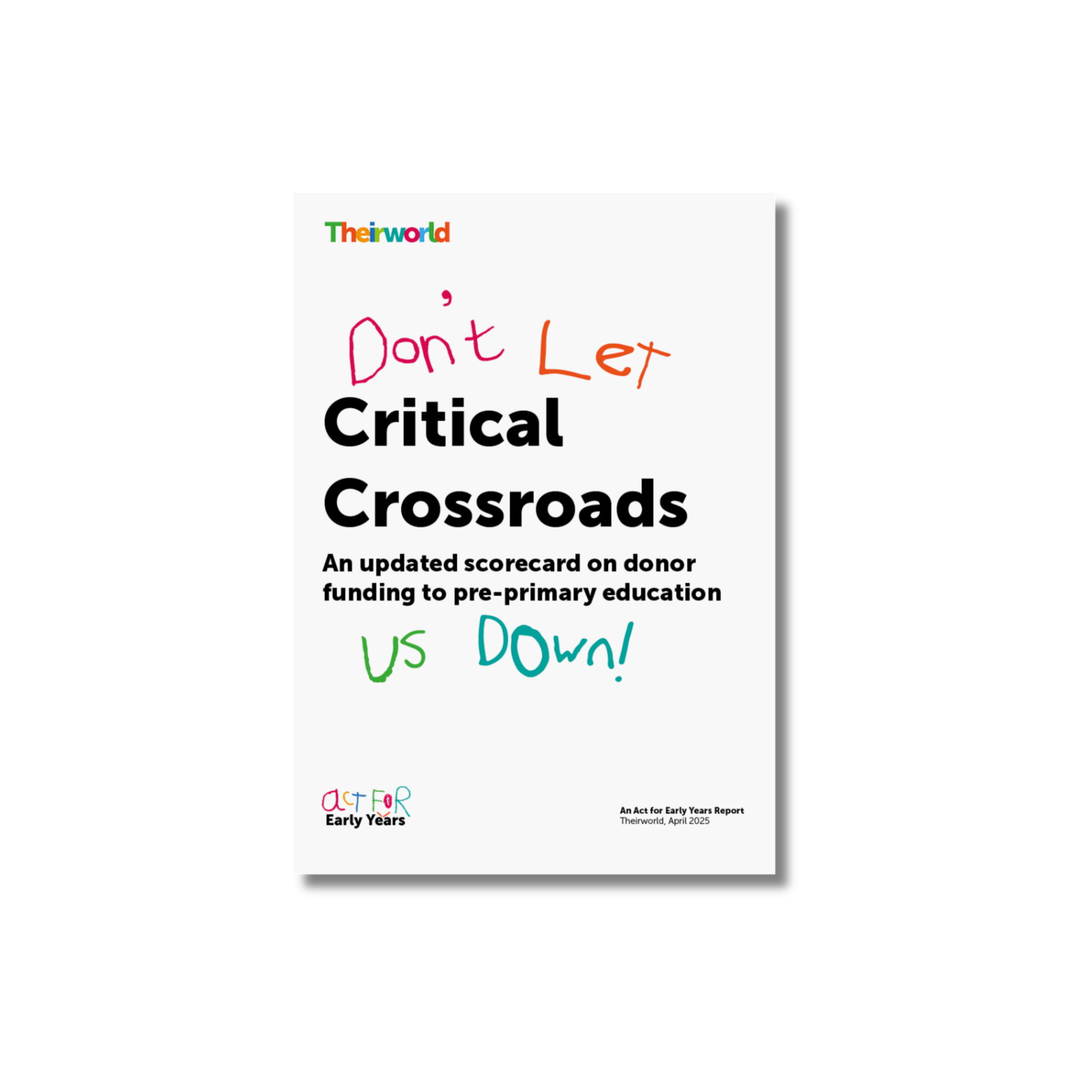
Reports
Reports
Reports
The global children’s charity Theirworld has called for the establishment of an early childhood development (ECD) coalition —a unified alliance of international, regional, and local actors –to champion the early years in Gaza.
Reports
This report looks at why the early years matter and makes the case for investment and calls for a global movement to ensure every child has the best start in life.
Reports
An investigation into how Ukrainian children and young people have responded to the immense disruption to their lives and their education. Authored by Veronika Skorobogatko and Juliette Bonnepart of OPORA Foundation.
Reports
A new report into assistive technologies in mainstream educational settings by Vibhu Sharma, Theirworld’s Research Consultant, Disability and Inclusion.
Reports
The Education Playbook Supplemental Technical Guide for Donors provides additional information about the main multilateral providers of development finance in the education sector. This guide provides an insight into where the money is put in these institutions and is a tool for policy makers to help inform allocation decisions in their overall education development financing portfolio.
Reports
Early childhood education is crucial to all children - but especially for child refugees, many of whom have suffered significant trauma. However, access to quality early learning is often extremely limited, poorly resourced and chronically under-funded. That is the conclusion of a new Theirworld report which analysed ECE provision in refugee settings around the world. Theirworld believes that quality ECE can be delivered to every refugee child if teachers are equipped with the right knowledge and tools. Our report - Supporting Early Childhood Education Teachers in Refugee Settings - identifies four key ways that this can be achieved.
Reports
This is the seventh report in a series dating back to 2017 by the Research for Equitable Access and Learning (REAL) Centre for Theirworld. In this paper, we review the latest data available on pre-primary education spending, with particular attention paid to trends in 2021 and 2022.
Reports
A practical guide for governments, donors and philanthropists to fund quality, inclusive education for all by 2030.
Reports
